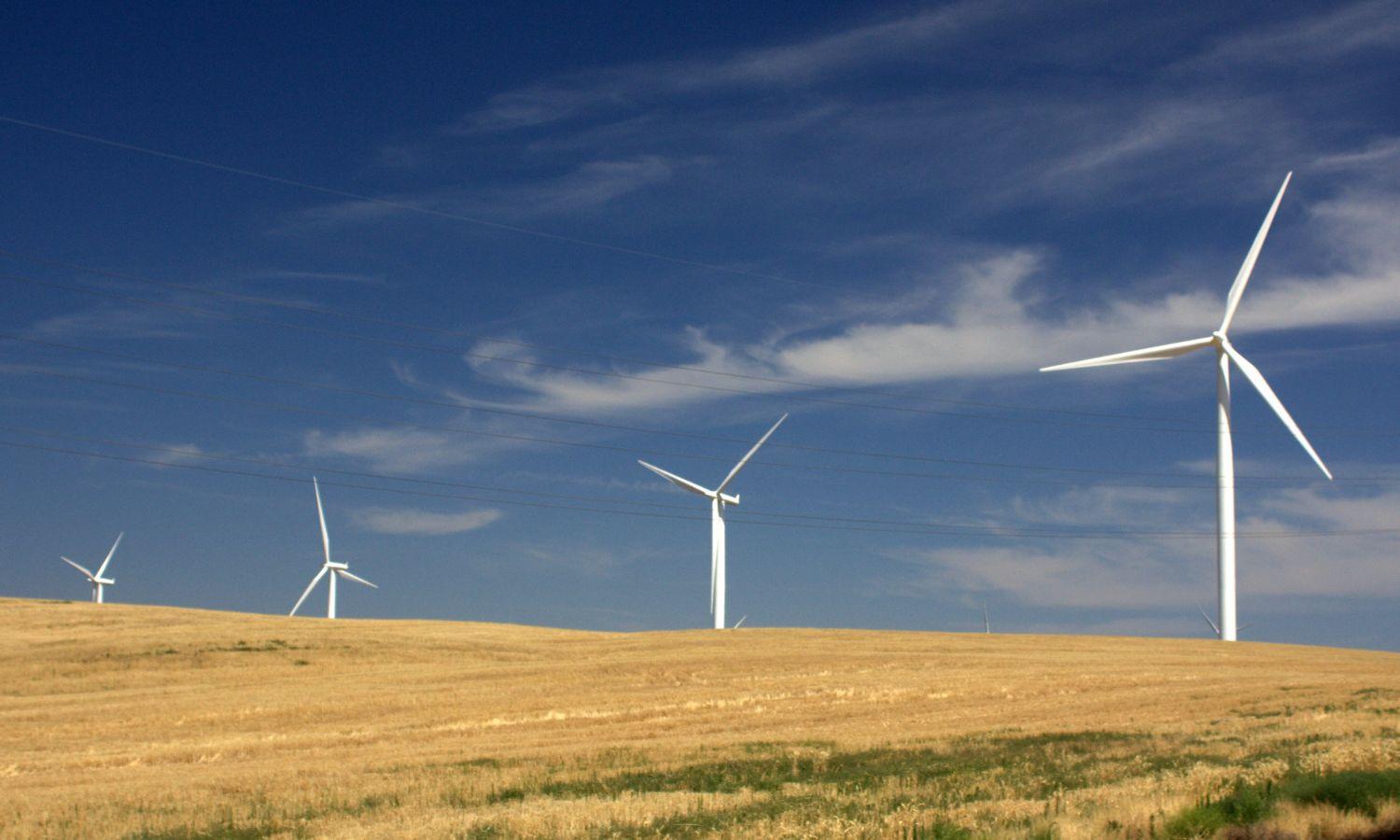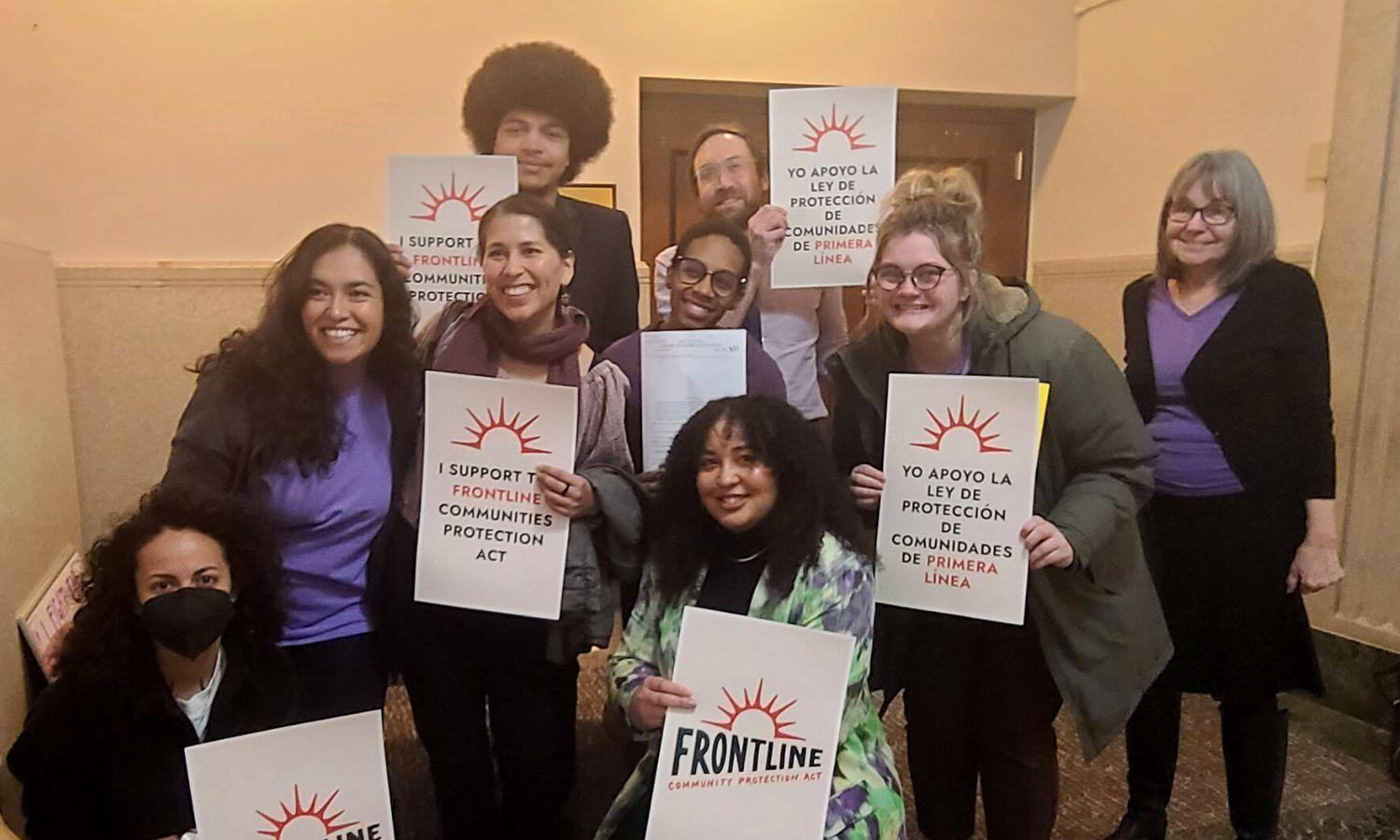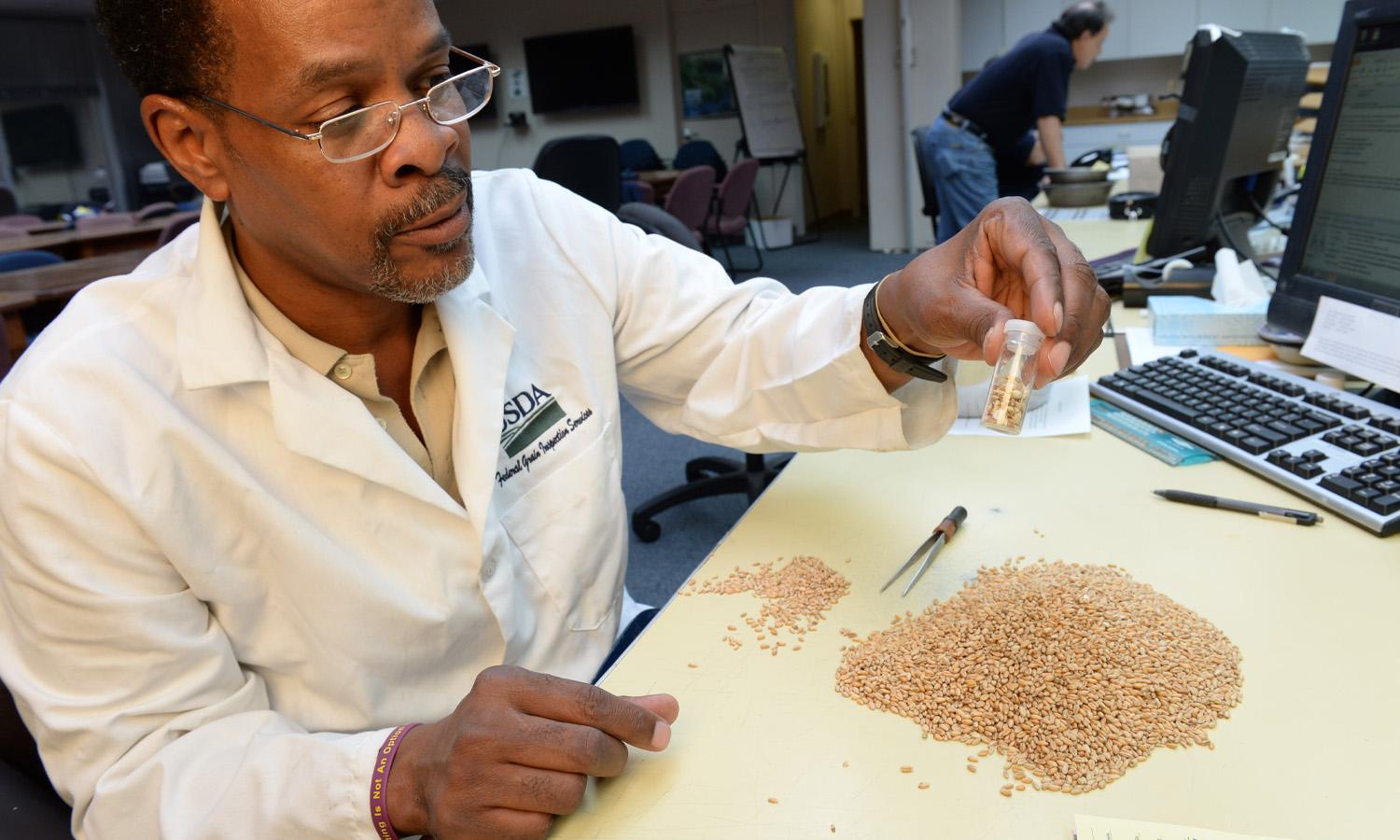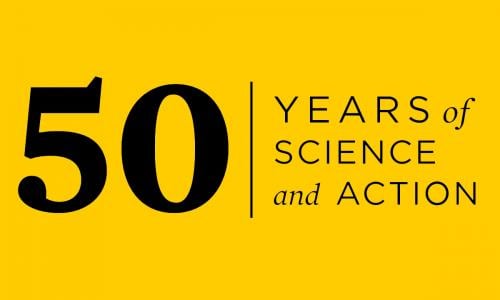Table of Contents
We’ve combined science and advocacy for more than fifty years. The results speak for themselves.
Assembled below is a list of recent UCS-driven wins and major milestones, chronicling the many ways we act at the intersection of science and policy. Each success is made possible through the power of our staff, Science Network, activists, and committed members.
Recent wins

Nuclear Security Agency Responds To UCS Scientist's Concerns

Millions of Midwesterners Benefit from Milestone Clean Energy Investment

Clean Energy and Environmental Justice Win in Massachusetts
Major accomplishments

Millions of Midwesterners Benefit from Milestone Clean Energy Investment

California Passes First-in-the-Nation Bidirectional EV Charging Bill

New EPA Rules Offer $370 Billion in Climate and Health Benefits

After UCS Advocacy, >13 Million People Protected By New Ethylene Oxide Regulation

7 Billion Tons of Climate Pollution Avoided Thanks to New UCS-backed Vehicle Standards

More Than 12,000 Chemical Facilities Better Prepared for Disasters

UCS Helps Bring Clean Energy to Michigan

UCS Research Points Finger at Big Oil for Western Wildfires

UCS and Partners Move Toward Environmental Justice in Minnesota


